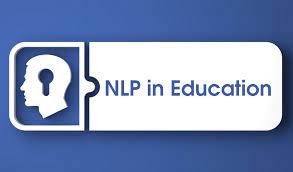There are several ways in which Natural Language Processing (NLP) can be used in education:
Text analysis: NLP techniques can be used to analyze student writing and provide feedback on grammar, spelling, and style.
Intelligent tutoring systems: NLP can be used to create intelligent tutoring systems that can understand and respond to student inquiries in natural language.
Sentiment analysis: NLP can be used to analyze student feedback and gauge their satisfaction with a course or educational experience.
Text summarization: NLP can be used to summarize long texts, making it easier for students to understand and retain key information.
Language translation: NLP can be used to translate educational materials into different languages, making them accessible to a wider audience.
Personalized learning: NLP can be used to create personalized learning experiences for students by analyzing their writing and providing tailored feedback and recommendations for further learning.
Automated grading: NLP can be used to grade written assignments automatically, allowing teachers to spend more time providing personalized feedback to students.
Overall, NLP has the potential to revolutionize education by making it more personalized, efficient, and accessible to all learners.
